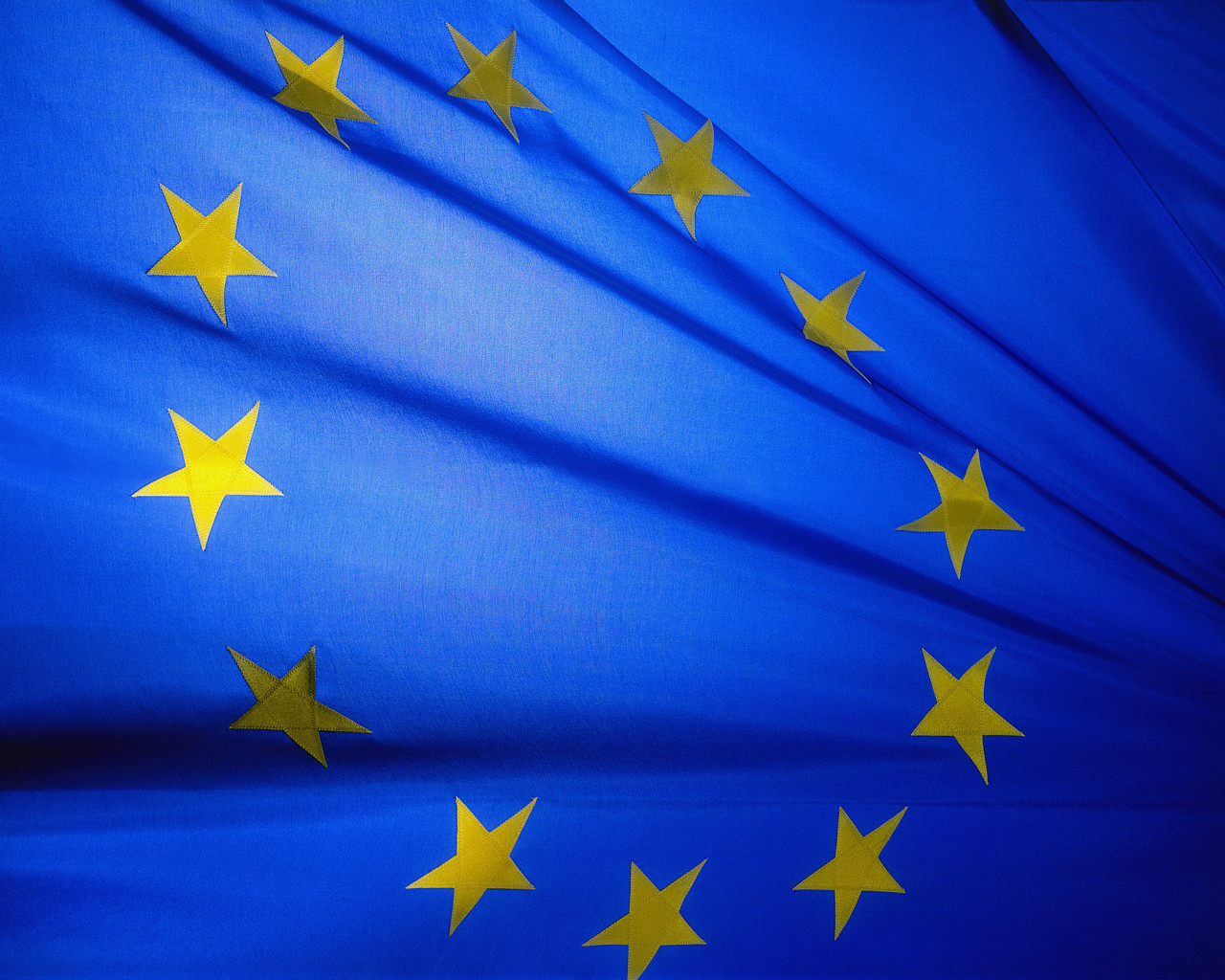
In a sign of just how seriously Europe is taking the cyber threat, more than 400 cyber security professionals from 29 countries and 200 organisations are today beginning a biannual cyber exercise coordinated by the European Union Agency for Network and Information Security (ENISA).
It is not the first time ENISA has produced this event, but this year’s will be the largest such “stress test” of the continent’s ability to withstand massive cyber-attack:
http://blogs.wsj.com/brussels/2010/11/05/europe-plays-war-games-online/The online event brings together various Cyber Security Agencies, EU bodies, Telecoms operators, tech companies and energy providers. Those involved must detect and tackle various challenges based on 16 different cyber-security incidents. The technical part of the exercise takes places in a distributed manner across all of Europe.
“The incidents in Cyber Europe 2014 are very realistic, mimicking unrest and political crisis at a pan-European level, disrupting services for millions of citizens across Europe,” The Executive Director of ENISA, Professor Udo Helmbrecht, said. “This improves the resilience of Europe’s critical information infrastructures”.
Organizers and participants would not divulge what kind of incidents would be drilled, but looking at previous exercises the areas of interest include massive distributed denial-of-service attacks (DDoS), attacks on power grids, or major cyber-security breaches.
In the 2010 exercise, a scenario was wargamed where Internet connections between European countries are gradually lost until all major cross-border connections are effectively out of use.
“We cannot reveal specific aspects of the scenarios, we’re covering lots of very different network and information security threats,” Katerina Christaki, Network & Information Security Assistant at ENISA told Digits.
According to ENISA, it is important to make sure Europe practices its response to cyber-attacks.
“Cyber crises are occurring on larger scales and growing more transnational in origin an effect. Moreover, the nature of cyber-threats is rapidly changing. The emergence of big data and new online services is creating increased vulnerabilities. Large scale information losses and breaches of user data have emerged as a top threat and concern for citizens,” the organization, one of 40 EU agencies which assists the European Institutions, said in a statement.
(WSJ)
 Total Members: 14197
Total Members: 14197 Latest: Levine
Latest: Levine Total Posts: 43441
Total Posts: 43441 Total Topics: 16533
Total Topics: 16533 Online today: 3143
Online today: 3143 Online ever: 51419
Online ever: 51419 Total Members: 14197
Total Members: 14197 Latest: Levine
Latest: Levine Total Posts: 43441
Total Posts: 43441 Total Topics: 16533
Total Topics: 16533 Online today: 3143
Online today: 3143 Online ever: 51419
Online ever: 51419